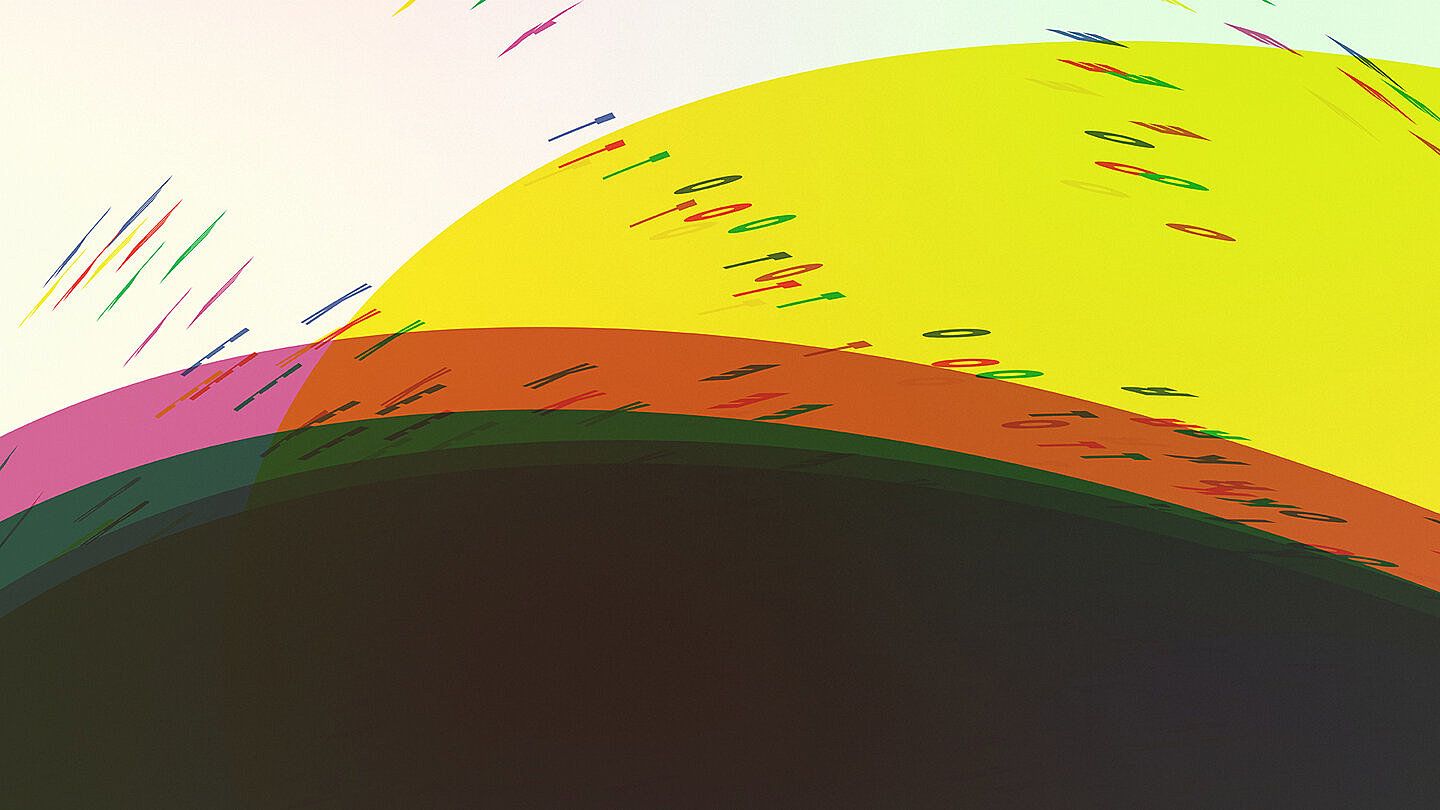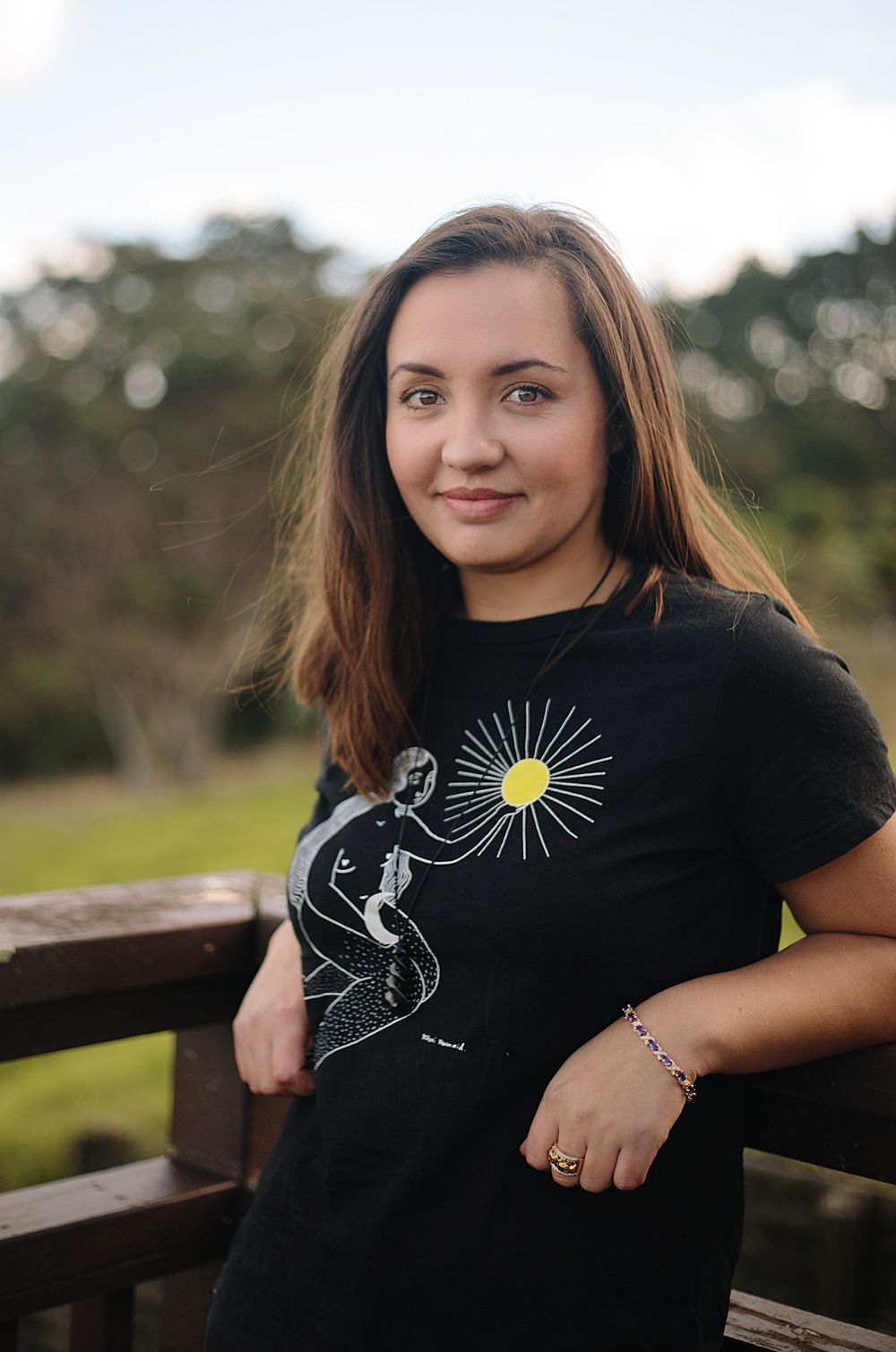Formless Potential
In welcoming readers to Te Kore Formless Potential, Ataria Sharman, Editor of The Pantograph Punch banishes the shadowy vestiges of ‘imposter syndrome’ and rediscovers her own formless potential.
I was on the phone lamenting my apparent inability to overcome the shadow of ‘imposter syndrome’, something that had plagued me throughout what I think has been my entire life. The BIPOC female elder on the other end of the phone was patiently listening to me and my voicing of the imposter syndrome I couldn’t seem to shake, no matter what. I was now the sole Editor of The Pantograph Punch, a role that I’d never dreamed of having when I first started at the organisation two years ago as Kaiwāwāhi Kaupapa Māori. When my co-editor Faith Wilson resigned, that familiar whakaaro began to come back to life. You know – You’re not good enough and Who are you to be doing this? Like ridiculous over-mangled zombies in a B-rated thriller film, whakaaro I can only assume had been lying dormant rushed back to life.
“Cut that sh*t out.”
When this arts elder said those words to me in response to my sharing, at first I was taken aback; they seemed too strong, too much. How can I just cut that sh*t out? My whole life, I’ve been told and been telling myself I’m not good enough.I blamed the system, the Pākehā schooling and Pākehā community of my childhood. But even more than that, I blamed myself for listening to them and allowing people who could never possibly understand me or my culture to change the way I thought about myself. And it’s been like this for over 20 years. Maybe it started the day the woman asked five-year-old me if I was adopted, because I couldn’t possibly be the daughter of my Pākehā mum or sister to my fairer-skinned sister. Or when the teachers would be surprised I’d do well at school because for some unknown reason I was, by default, just not supposed to. There was perhaps no beginning to this; maybe from the moment I was born, I was destined to be a bit different, designed to not fit in, because – you know – I was Māori in a community where there were very few of us. I know a lot of BIPOC, and those who have been othered in some way have had similar experiences of feeling like they don’t fit in.
Cut that sh*t out.
She congratulated me, that same elder, on stepping into the Editor role. Like it was some big achievement. And she’d called me a Māori intellectual. I mean, sure, I’m an avid reader, and I loved my time researching at university. Although I don’t have a Master in Creative Writing or any tertiary editorial training, I seem to be half decent at it; otherwise, I guess I wouldn’t still be here. But a Māori intellectual? I’d never thought of myself as that. And besides, stepping into the Editor role at The Pantograph Punch doesn’t mean much because I’m not actually supposed to be here, and I sure won’t be here for long. They’ll work it out at some point – because I’m an imposter.
Cut that sh*t out.
Like a knife, those words sliced through me, cut through the deception. And every time those zombies came back again for another round the words that the elder gave me saved me again.
Cut that sh*t out.
As you’re probably already aware, unless you’ve been living under a PP-devoid rock, this issue of The Pantograph Punch is themed around Te Kore Formless Potential. And because of the assistance of that dark void – Te Kore – we’ve got some deliciously dark content to share with you. I’m drawn to my copy of The Woven Universe by Māori Marsden that’s on my bookshelf. I open it up and right there is Io, Supreme God: “In the beginning, Io existed alone in the realm of Te-Korekore, in his passive state.” The essence of Io and his fertilisation of Te Kore is how the universe was created, and how the seed of potential was established, according to Marsden’s version of this pūrākau. This kōrero reminds me of one of my favourite waiata Māori, composed by Dr Hohepa Tamehana, ‘He Kākano Ahau’, also the name of the Radio New Zealand podcast created by Kahu Kutia. Michelle Rahurahu Scott interviews Kahu here.
He kākano āhau
I ruia mai i Rangiātea
And I can never be lost
I am a seed, born of greatness
Descended from a line of chiefs,
He kākano āhau
I am a seed born of greatness. That seems to be what is missing – the remembrance that, just like Te Kore, I also have a seed of potentiality that sits within me. I’ve always been able to be whatever I want to be, whether an editor, a writer or a creative. We all are – we all have that seed of formless potential within us, a connection between us and that beautiful dark void of Te Kore, from which all things come.
In Te Kore Formless Potential, our very first bimonthly edition of The Pantograph Punch, 90 percent of our pieces have been penned by BIPOC writers. Right across the spectrum of artistic forms, Te Kore Formless Potential, in my humble opinion, demonstrates a high level of artistic excellence, the expression of limitless potential in our creatives right here in Aotearoa. This high level of diversity in our pieces is quite possibly a projection of my own make-up in that I am Māori, I am BIPOC. My whakapapa Māori is something that sets me apart, something that makes me special; it’s a taonga that I can call on in my editorship at Pantograph Punch.
Because I’m not an imposter, because I am the Editor at The Pantograph Punch, because I worked hard to be here, because I love working with our writers and artists. I am a seed born of greatness.
Nau mai haere mai. Welcome to this manifestation of Te Kore Formless Potential. I hope you feel awed, inspired and profoundly content with the pieces that we have to offer you in this end-of-July issue of The Pantograph Punch.
Te Kore Formless Potential
Master Contents
Art
Reverie Among the Fetū: Leafā Wilson responds to Stars start falling at Govett Brewster
The Centre of My Universe: Milly Mitchell-Anyon on Whanganui’s craft and object community
Talk Of the Town: Cat Ruka and Nigel Borell come together to talk Māori leadership in the arts sector
Literature
Book Coven: Introducing our new book club collab with Verb Festival
Messy and Relatable: Becky Manawatu reviews Greta & Valdin by Rebecca K Reilly
Look Up and See Rangikura: Ana McAllister on Rangikura by Tayi Tibble
Performance
A Māori Way to Listen: Michelle Rahurahu interviews Kahu Kutia on the newest season of He Kākano Ahau
All Our Cells, Singing: Amit Noy on Faces of Nature by Ta‘alili
Yang/Young/杨: Alice Canton responds to this show by emerging theatre-makers
Society
WHIRO IN THEIR ORIGINAL GLORY: Michelle Rahurahu and Essa Ranapiri have created this homage to the oft-misunderstood atua Māori
Sleeping At Your Own Pā: Tara McAllister sleeps over at her marae for the first time
Flirting Telepathically: Litia Tuiburelevuon trying to navigate dating as a brown woman in Tāmaki Makaurau
Screen
Bingeing Brown: Lana Lopesi on the rise of Pacific stories on TV
Light and Heartwarming: A review of short films from Doc Edge Festival
Writing as the Bridge: Curator Nina Finigan of the exhibition Love & Loss on how the messages to our loved ones transcend time and space
Music
Matariki Playlist: The PP team and the songs they’re most excited about
My Taonga: Illustrations and messages by Ana McAllister to the taonga pūoro she has in her collection
Don’t Stop Regardless: Interview between Makanaka Tuwe and rapper Mazbou Q on his new album and Black New Zealand identity
News
Formless Potential: Letter from Ataria Sharman the Editor of PP
What’s Hot: Our art picks for this winter
Off The Beaten Track: Ataria talks to repurposed-fashion designer Shelly Matiu, also one of the creators of new gallery UPcycled af

